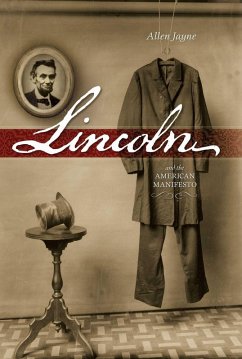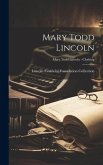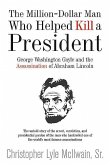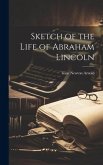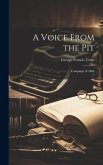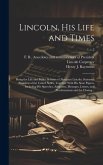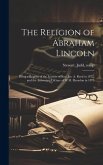In this compelling study of the moral principles that most influenced the thinking of Abraham Lincoln, historian Allen Jayne argues persuasively that Lincoln regarded the Declaration of Independence, above all other documents, as the most important embodiment of American principles. This "American manifesto," as Jayne calls it, with its eloquent expression of the ideals of individual liberty and government created to protect and preserve that liberty, was the script that Lincoln followed in his struggle to preserve the Union and extend individual liberties to African Americans. Moreover, Jayne demonstrates that Lincoln's philosophy was rooted, not in a Bible-based evangelical Christian perspective, but in the European Enlightenment and deism, which so profoundly influenced the thinking of Thomas Jefferson and other Founding Fathers. Jayne begins with a chapter devoted to the influence of deism on Jefferson's formulation of the Declaration of Independence. Next, he discusses Lincoln's adoption of the deistic perspective and the crucial role that the Declaration played in his thoughts and actions. He also considers Lincoln's moral sense, based on deism's tolerance of different belief systems and universal moral idealism. Finally, he describes Lincoln's role as chief advocate for the Declaration's principles and how the Gettysburg Address and his Second Inaugural Address reflect this underlying philosophy. This insightful look into the thinking of one of our nation's greatest presidents during a time of crisis is highly relevant in today's climate of religious extremism and debates over the balance between individual liberty and national security.
Hinweis: Dieser Artikel kann nur an eine deutsche Lieferadresse ausgeliefert werden.
Hinweis: Dieser Artikel kann nur an eine deutsche Lieferadresse ausgeliefert werden.

